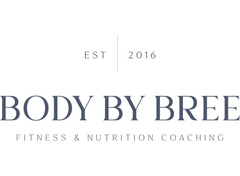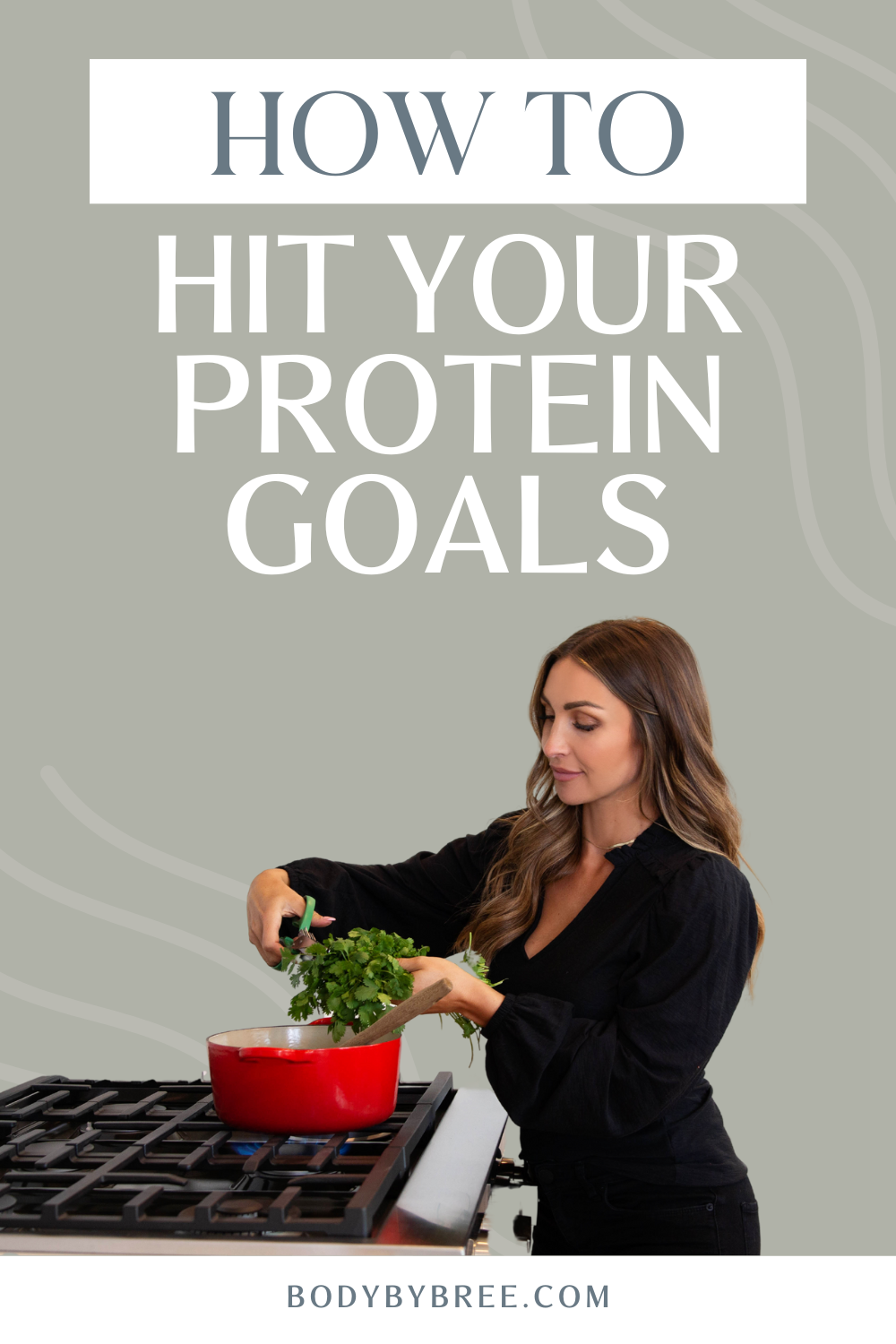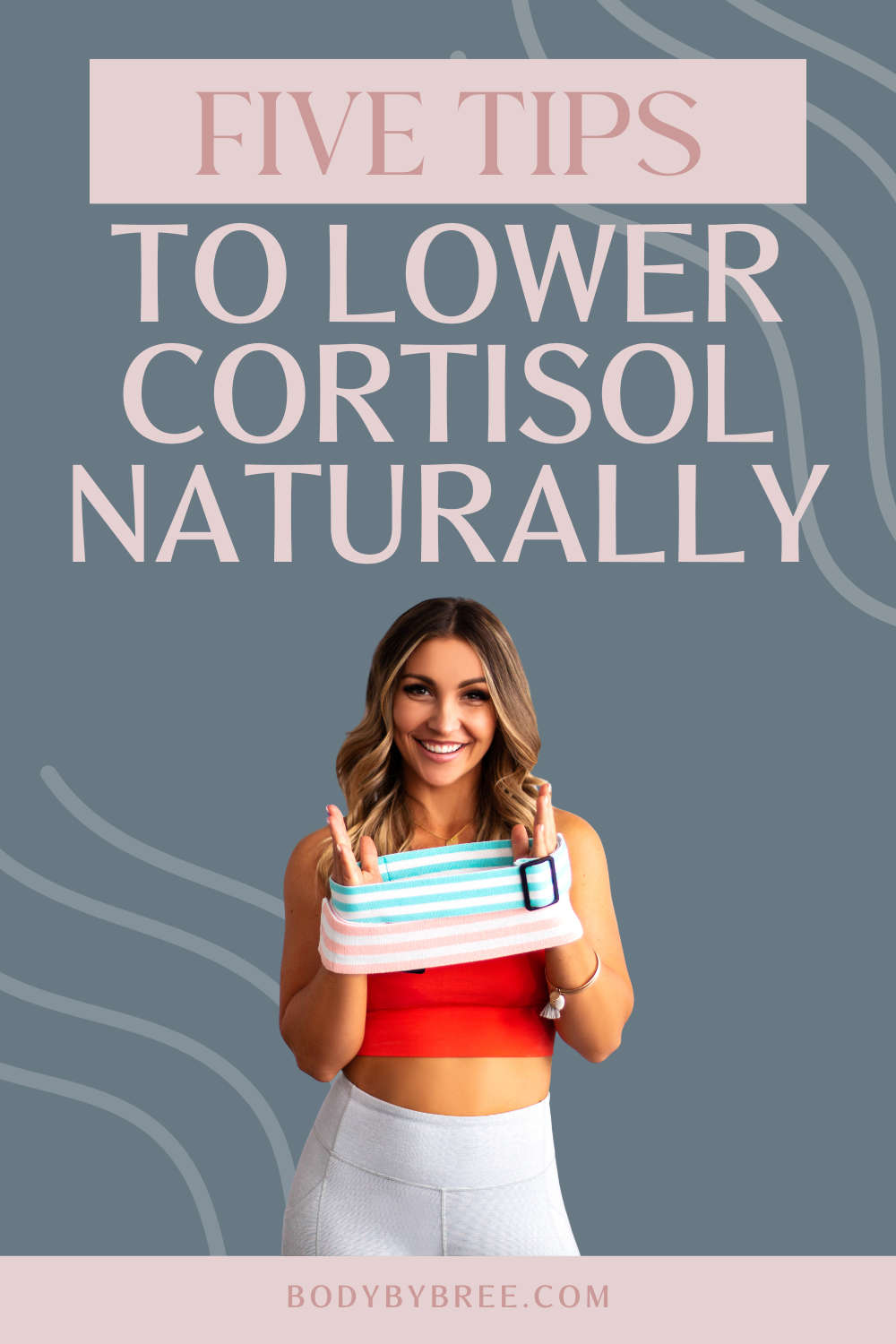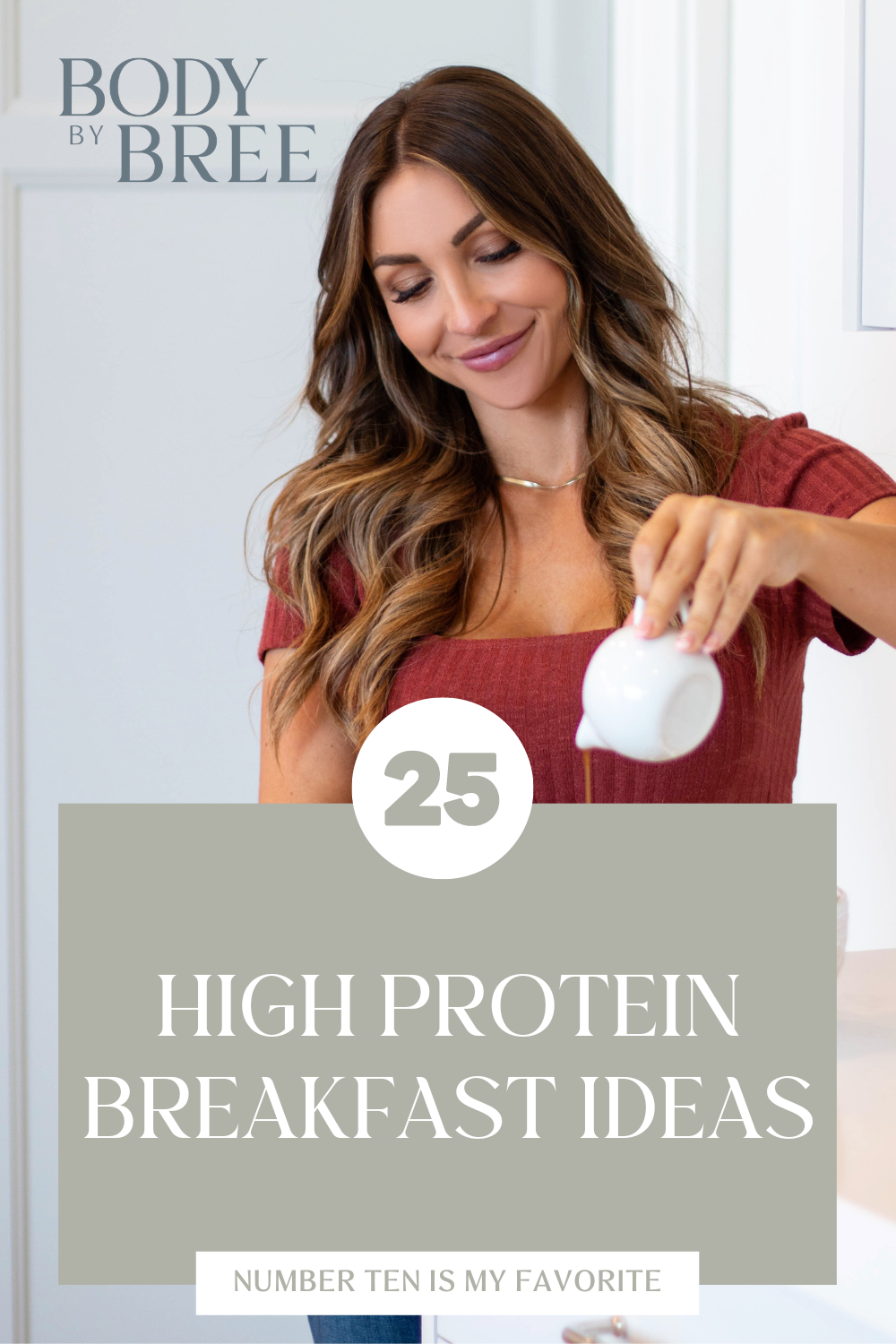
Creating a healthier, happier you.
IMPORTANT NUTRIENTS AND FOOD FOR THE FIRST TRIMESTER

Between the morning sickness and the heartburn, eating well may have fallen off of your to-do list during the first trimester of pregnancy. It is hard to prioritize eating well when you feel so unlike yourself. Your body is experiencing a surge in hormones right now, which can lead to nausea.
Early in your pregnancy, fresh vegetables or lean meats might become difficult to stomach. In your first trimester, focus on some basic, good-for-you foods to cover your nutritional bases.
If you’re struggling to balance what you can, should, and want to eat during the first trimester of pregnancy, this one’s for you!
LET'S TALK ABOUT WHAT SPECIFIC NUTRIENTS YOU NEED DURING THE FIRST TRIMESTER
1. Folic Acid
The number one, and most important nutrient at this point in your pregnancy, is folic acid. This is the most essential micronutrient, in terms of the first trimester nutrition. Make sure that this is in your prenatal vitamin. Folic acid, also known as vitamin B9 or folate, is what plays a really key role in preventing neural tube defects.
2. Protein
The number one, and most important nutrient at this point in your pregnancy, is folic acid. This is the most essential micronutrient, in terms of the first trimester nutrition. Make sure that this is in your prenatal vitamin. Folic acid, also known as vitamin B9 or folate, is what plays a really key role in preventing neural tube defects.
You want to aim for about 0.8 to one gram of your body weight per day. So if you weigh 120 pounds, I would recommend between 96 to 120 grams of protein per day. It’s normal to have an aversion to protein while pregnant, especially during first trimester so if you cannot reach your full protein goal then that’s ok, try aim for softer protein foods such as Greek yogurt instead of meat.
3. Calcium
Calcium is critical for your baby's developing teeth and bones. Since your growing baby will take calcium from your own stores, too little calcium can actually result in brittle bones later on for you.
You can generally get the recommended 1,000 milligrams per day through a well-balanced diet. If you're worried that you might be falling short, then you can ask your OB-GYN if you should take a supplement.
4. Iron
The next crucial vitamin is iron. Iron is increasingly important as your blood supply ramps up, to meet the demands of your growing baby.
Your goal is 27 milligrams a day, and it can be challenging to reach through food alone, so make sure that you're getting a solid dose of iron in your prenatal vitamin to reduce the risk for pregnancy anemia.
5. Vitamin C
Vitamin C is super important because it helps to promote bone and tissue development in your growing baby, and then boosts the absorption of iron.
You should aim for about 85 milligrams per day of vitamin C.
6. Potassium
Potassium is important because it works with sodium to help your body maintain proper fluid balance, and it also regulates blood pressure.
You should aim to get about 2,900 milligrams per day through your prenatal vitamin and through your foods.
7. Omega-3
The last one is omega-3 fatty acid or DHA. This nutrient is found in low mercury fish, or also in a fish oil supplement.
If you find that you’re too queasy to eat fish, you can take wild Alaskan sockeye salmon oil instead. It is organic, doesn't have a fishy taste, and it's going to help you get all of your essential fatty acids.

BEST FOODS FOR THE FIRST TRIMESTER OF PREGNANCY
The foods below are rich sources of the vitamins, minerals, and macronutrients that your body and your baby's developing body need to thrive.
1. Lean Meat
Lean meat is a great source of iron and protein. Try to eat meats like sirloins, chuck steak, pork loin, turkey, chicken. All of these have amazing amino acids that act as building blocks of cells for you and your baby.
2. Yogurt
The calcium and protein in yogurt will help support your bone structure. Try to opt for a variety with a short ingredient list so that you don't have a ton of added sugars.
3. Edamame
These tasty little soybeans are packed with vegetarian protein, calcium, iron, and folate.
4. Kale and Spinach
These dark leafy greens offer a combo of fiber, calcium, folate, iron, vitamin A, vitamin C, vitamin E, and vitamin K. Put kale or spinach in your smoothies, and it helps to get all of those vitamins and minerals in a quick smoothie.
5. Bananas
Bananas are great for if you're feeling a little nauseous because they're pretty bland and soft and they are one of the best dietary sources of potassium.
6. Beans and Lentils
These are awesome because they have iron, folate, protein, and fiber.
7. Ginger Tea
Ginger products, like tea or chews, might help combat nausea.
TIPS FOR DEALING WITH NAUSEA
If you're struggling with morning sickness or nausea, you may have a difficult time choosing what foods to eat.
About 70% of expecting moms experience nausea or an upset stomach, so you are not alone, but here are a couple of tips to get you through:
- Eat frequent meals. This keeps your glucose from dropping too low which makes nausea worse.
- Avoid spicy foods or really high-fat foods which lead to heartburn and stomach discomfort.
- Stick with cold or room-temperature or bland foods. When you're feeling really nauseous, you don't want to eat lots of different flavors and smells. Focus on foods like fruit, yogurt, string cheese, nuts, or things that don’t have a strong smell.
- Try liquid or softly-textured meals, like smoothies, or oatmeal. These are great for an upset stomach.
-
Keep snacks on hand. You can have a stash of snacks by your nightstand, in your car, in your purse.
HOW MUCH SHOULD YOU EAT?
One of the main questions I get from newly pregnant women is, “How many additional calories are needed during the first trimester”?
As a personal trainer who specializes in pre and postnatal fitness, I usually advise my clients to increase their calories by about 100 calories each trimester. 100 additional calories could look like one extra apple during the day. You also want to aim to eat three meals a day, plus one or two extra snacks. If you're having trouble with portion sizes, then just concentrate on quality.
Hopefully, this helps you! The first trimester is not for the faint of heart. You're doing amazing, so don't be too hard on yourself. If you want support and customized help, check out my Pregnancy Training Program.

I'm a mom of 4 and have been a certified personal trainer with specialties in pre- and postnatal fitness for 13 years. I'm also a certified nutrition specialist and certified meditation and mindfulness coach.
I am passionate about helping women change their lifestyles to be the healthiest, happiest versions of themselves and I've seen it happen for thousands of women.
I'm glad you're here!


Community. We are a team and community of women committed to the creating the best in each other and ourselves. We lift, encourage, invite, and educate.
Movement. We know that moving your body makes your feel good and function better! Let use help you gain confidence and strength in your body.
Nutrition. Health starts from the inside out. We believe that balance and sustainability are best practices for achieving success in a healthy relationship with food.
Mindset. In focusing on your holistic health, we know the powerful effect mindset has your health and wellness. Learn techniques and practices to that ground you in habits for overall well-being.
LISTEN UP
GET THE GOOD STUFF
In a hurry?

Get your FREE printable with 3 delicious recipes for Quick & Easy High Protein Snacks!
HIGH PROTEIN SNACK FREEBIENeed a prenatal training program?

As a certified prenatal specialist I developed my Pregnancy Training Programs to safely prepare your body for birth and prioritize your mental health!
GET STARTED TODAYLooking for pregnancy safe supplements?

All BodyByBree supplements are safe for pregnant and nursing moms!
BODYBYBREE SUPPLEMENTS












